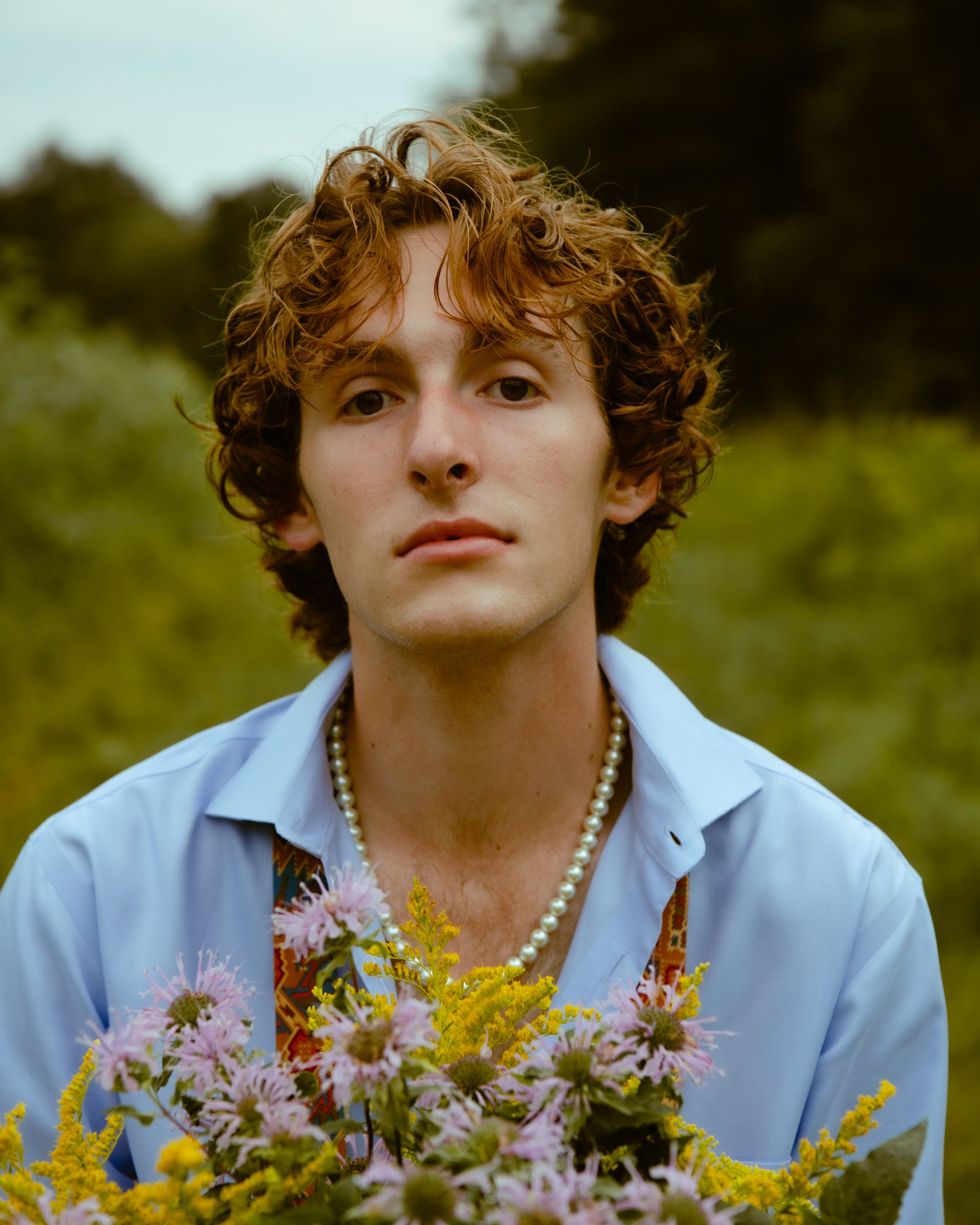by martina rexrode
photo by julia drummond
Harley Luck is no stranger to reinvention. On October 6th, his single “Stay” will be re-released after its initial debut nearly three years ago, showcasing not only Luck’s musical evolution but his emotional maturity as an artist and a person. The single was written just days before the beginning of the pandemic and, even though it’s being released years after, there are still notes of those raw feelings within the lyrics despite its upbeat tempo. As an emerging artist in today’s industry, it can be difficult to separate yourself from others, but Luck’s career is off to a promising start — or, restart.
What inspired you to re-release “Stay” under this new moniker? How does this release differ from its original release?
Harley: “I chose to re-release ‘Stay’ because I didn’t feel like I related to it anymore. I wrote this song when I was 17 with an entirely different perspective than I have now. I decided to evolve the song into something new that I could relate to while still keeping the foundation from when I first wrote it. Now I can hear both my current and past throughout the song which I think makes it even more special to me. I’ve always loved the concept of artists ‘reimagining’ their songs, and I can see myself doing that going forward. Lots of songs get released and forgotten within a couple of years. Instead of letting them collect dust in my catalog I’d rather evolve them into a new entity and keep them fresh.”
In which ways do you see the emotional themes of the early pandemic (isolation, loneliness, uncertainty) still resonating today within yourself or within the music being made just a few years later?
Harley: “For me, the pandemic was a very isolating period of time. I was at home with my family in New York during the entirety of it. Throughout it my mental health went down the drain. It was hard for me to adjust to the lack of socialization because I was used to being surrounded by my friends everyday. Ultimately, the loneliness I felt is what pushed me to start writing songs. I used my journals to therapeutically express what I was feeling. From there, I started putting my words to music on my computer. I wasn’t satisfied with anything until I made the production for ‘Stay.’ It was the first song that I thought was good.
Now that I’m three years removed from that time, I still make music for the same reason. It’s a therapy for me to express what I can’t verbalize. Whenever I feel off I write about it and even if they don’t become complete songs, it still helps me get past whatever I was going through. I’ve never found anything more relatable than music because there’s so many emotions that the human vocabulary can’t comprehend but music can.”
Which songs, albums, or artists did you gravitate towards during those times?
Harley: “During this time I found a lifetime inspiration in Harry Styles. I had listened to his music before and had been a fan of One Direction since I was nine years old, but I never really followed his solo project. I started listening to his songs and instantly fell in love with them. I began following him, watching interviews, and listening to live performances he had done. Everything about him felt relatable and comfortable. As a teenager going through an isolating period of time I found his music to be a safe place. I admired his positivity, individuality, and sound, inspiring me beyond music. I was discovering myself and he was the perfect role model to look up to. Even now he is still my favorite artist and inspiration.”
Do any of those artists’ influences show up through “Stay”?
Harley: “Harry Styles’ album, Fine Line, was a big inspiration for ‘Stay.’ I didn’t realize it when I was making the song, but looking back I can hear similarities in his songs ‘Golden’ and ‘Watermelon Sugar.’ Each song means something unique lyrically, but I feel the same emotions through the music. Those songs are happy and energetic, reminding me of summer and sun. When I wrote ‘Stay,’ I had just gotten back from Hawaii (three days before quarantine went into effect), so I had the warm, beachy vibe on my mind.”
How has your own personal style and artistry evolved with this re-release?
Harley: “I’ve definitely evolved from when I first wrote this song. The transition from 17 to 20 has major changes in terms of your perspective on life. I wrote this song as a kid that liked music and wanted to explore it. Now, I’m an artist pursuing that passion. My fashion is bolder, my personal philosophies are more mature, and my music has a much wider range. I used to stick pretty closely to the indie rock genre, but now I’m exploring R&B and soul, which has been so much fun.”
Which aspects of the indie pop-rock genre would you like to explore as your career grows?
Harley: “My favorite part about the entire genre is the guitars. An indie guitar riff will always make me vibe and I think that is something I will take with me as I grow into different genres. I think guitar is the most sonically pleasing instrument and it’s really fun to play around with the different tones that you can make with it. If there’s a song that isn’t relatable or engaging but it has a guitar solo in it, I love it. One of my favorite songs that uses guitar perfectly is ‘She’ by Harry Styles. The rest of the song is amazing, but the guitar solo outro is incredible.”
What is the underlying feeling that “Stay” leaves you with this time around?
Harley: “The underlying feeling I have when it comes to ‘Stay’ is excitement. This is a pivotal point for me as an artist because I’m starting fresh. I have so much internal motivation to explore and evolve my music and this is just the beginning. I’m already planning ahead and testing new waters so I’m really excited to see everything come together.”





